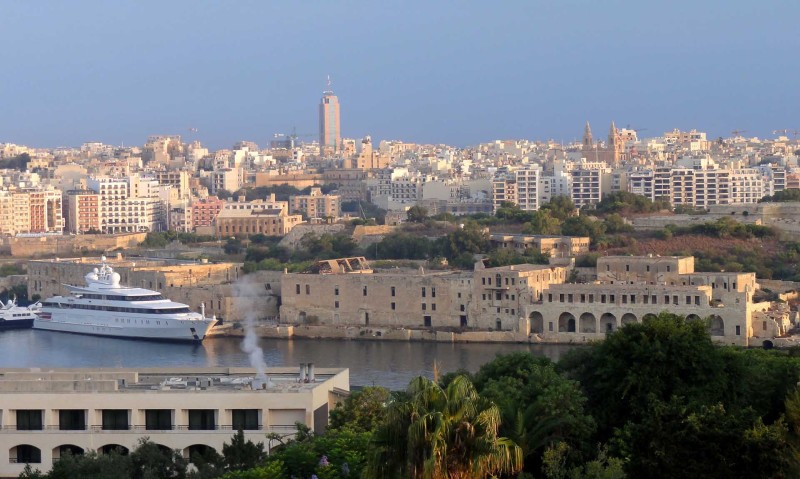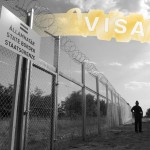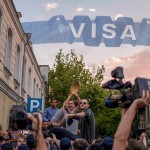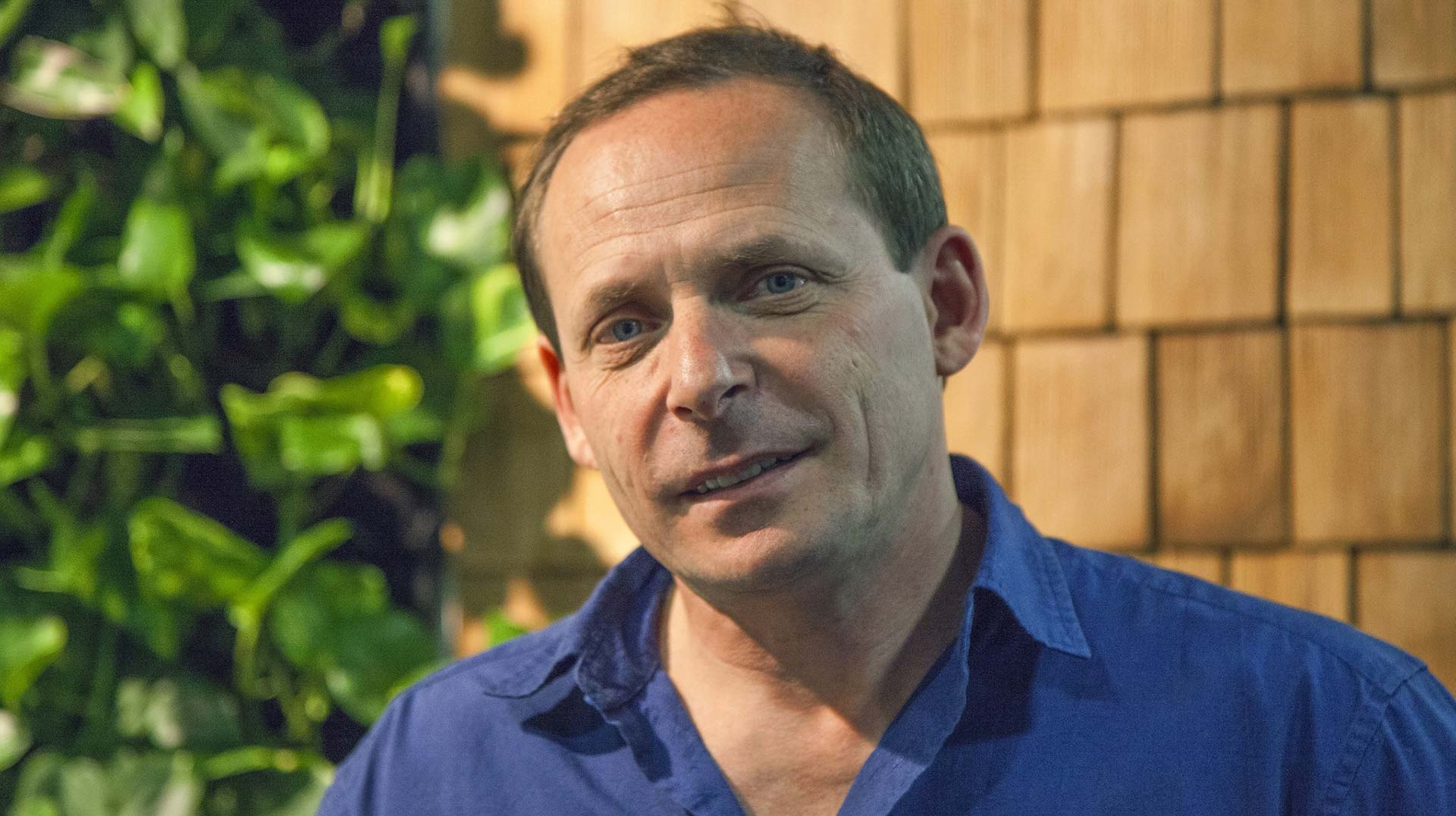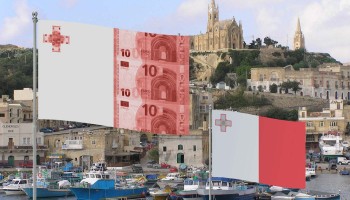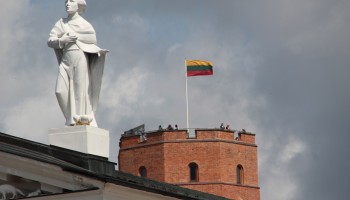Across Marsamxett Harbor from the Maltese capital of Valletta, the town of Sliema looks like a vast construction site: a jumble of rising skyscrapers amid endless rows of stores, shopping centers, and car parks.
Former opposition Nationalist Party leader Simon Busuttil calls it the “Dubai-ification of the island.” Gray skyscrapers and huge new windows contrast with the ocher Maltese stone of the island’s traditional buildings.
Sliema is offering a new type of housing these days: fresh-built luxury flats for rent in neighborhoods called Fort Cambridge, Quisisana Boutique, Tigné Point. These new properties are aimed at wealthy newcomers, not native-born Maltese.
These new citizens hold Golden Visas, an industry term for citizenship-by-investment programs in which foreigners can obtain legal residence or even citizenship in new countries in exchange for substantial amounts of money.
Residents say many Russians have moved to Sliema since the Golden Visa program began, but nobody knows exactly how many. Among the new Sliema shops is a supermarket for Russians, the first of its kind in on the island.
A delegation from the European Parliament specifically asked the Maltese government to reveal where Malta’s new citizens come from, but officials have not released that information.
Michael Briguglio is a sociologist and Nationalist Party activist who serves on the Sliema city council. He thinks the government’s focus on Golden Visas is wrong-headed. “The Labor government is investing only in construction and [the Golden Visa program],” he says.
Malta officials reveal very little about the program. The government publishes annual data, including lists of all new citizens from 2014 to the present, but this includes anyone who gains citizenenship, not just those who bought a Golden Visa.
A government report on the program says that 45 percent of Golden Visa applicants between July 2016 and June 2017 were from “Europe.” With no further detail, it’s unclear whether they come from European Union (EU) countries or from countries such as Russia, which are not in the EU. According to the report, 78 percent of properties purchased by Golden Visa buyers over that period were in the Sliema area, as were 38 percent of the properties they rented.
At considerable personal risk, journalists in Malta have worked to pierce the veil obscuring who is coming into the country and how they are doing it. The best-known of these was Daphne Caruana Galizia, who was killed by a car bomb on Oct. 16, 2017, after publishing multiple stories alleging corruption and irregularities in the Golden Visa program.
The journalists have been able to shed some light.
In July 2016, Malta Today reported that 91 Golden Visa buyers were registered to vote, despite not legally qualifying. The Nationalist Party had filed cases against them “demanding the striking off of such citizens from the electoral register.” Two months later, 87 citizens were struck from the voter rolls; their names and addresses were published in the official Maltese Gazette. Of the 87, 31 were living in Sliema.
One of Sliema’s new Russian residents is Dmitry Golomovzy, a shipping magnate who has been a Maltese citizen since 2015, as reported by Galizia. He lives in Apartment 13, Quisisana Boutique, Sliema, in a building overlooking a park just a few hundred meters from the sea.
Golomovzy appears to be putting down roots in Malta. In October, the Malta Chamber of Commerce reported on its website that he has launched a livery service called Elegance Chauffeur Drive Ltd. to provide high-end cars and drivers for hire.
His other business ventures did not go so well. Golomovzy was one of two owners of Primorsk International Shipping Ltd, which went bankrupt in October 2016. Its owners were ordered to sell the company’s fleet to satisfy creditors.
But he has options outside Malta, too.
Galizia reported that Golomovzy is also a citizen of St. Kitts and Nevis, a Caribbean country where -- just like in Malta -- the Golden Visa program is run by Henley & Partners, one of two major international companies involved in the business.
Russians, Russians Everywhere
Three Russians who obtained Maltese passports in 2016 -- Arkady Volozh, Boris Mints, and Alexander Nesis -- are on the so-called Kremlin List, published by the United States on Jan. 29, 2018. It is not a sanctions list, but identifies Russia’s richest businessmen, with assets estimated at more than $1 billion each, who are believed to be close to President Vladimir Putin.
By gaining EU access, the three may be lowering their risk of ending up on an expanded sanctions list in the future.
Volozh developed Yandex, a major search engine sometimes known as “Russia’s Google,” and remains its main shareholder. According to Forbes, his wealth is $1.46 billion. He also obtained citizenship for his children, Timofey and Anna-Ester, and for his parents Yury Abramovich and Sifra (Sofya) Leybovna.
His decision to seek a new legal home raised some eyebrows. Bloomberg View columnist Leonid Bershidsky noted that “Yandex has been generally cooperative with the Kremlin, as CEO Herman Gref of Sberbank, Russia's biggest state bank, has sat on its board since 2014. Volozh, however, clearly doesn't feel entirely secure as a key figure in Russia's tech sector.”
Volozh has other reasons to consider relocation. The Ukrainian government believes that Yandex assisted Russia during the ongoing conflict, and last May the company’s offices in Kyiv and Odessa were raided by Ukraine’s State Security Service (SBU), Reuters reports. Yandex is accused of illegally collecting Ukrainian users’ data and sending it to Russian security agencies.
Mints, one of the other new Cypriot citizens on the Kremlin list, owns an investment holding company, O1 Group Ltd., on the island, and had a net worth in 2017 of $1.3 billion, according to Forbes.
Since 2010, Mints has been chairman of the Russian Union of Industrialists and Entrepreneurs. In the mid ‘90s, he served for two years as Head of the Main Directorate of the State Property Committee, a crucial political position in post-Soviet Russia. He also served in 2000-2001 as chairman of the oppositional Political Party of the Union of Rightist Forces. Mints obtained Maltese citizenship for himself, his wife Marina and daughter Alena.
The billionaire has business ties to Nesis, the president of the private equity ICT Group, which he founded in 1991. Nesis’ fortune is valued at around $1.9 billion, according to Forbes. He is a minority shareholder in the Mints company O1 Properties, and is co-owner of Otkritie Bank, now Russia's largest private banking group by assets. Mints was one of the first investors in the bank and has served as chairman of the Supervisory Board since June 2014.
Popular with Saudis, too
Saudi Arabians have also invested in Maltese citizenship. The best-known is Waleed al-Ibrahim, chairman and once chief owner of the Middle East Broadcasting Center (MBC), founded in London in 1991 and now the largest media company in the Middle East and North Africa.
Al-Ibrahim obtained his Maltese citizenship in 2016. In November 2017, he was swept up in a Saudi anti-corruption raid ordered by Crown Prince Mohamed bin Salman and detained at the Ritz Carlton in Riyadh with about 200 wealthy Saudis, including at least 11 princes. He was released in January, reportedly after a financial settlement was reached.
The al-Ibrahim family has always had very close relations with the Kingdom’s royal family: al-Ibrahim’s sister, al-Jawhara, was among the wives of King Fahd, who died in 2005.
According to the Washington Post, Al-Ibrahim remains the MBC’s director, but it is now majority-owned by the government.
This story was produced as part of the Global Anti-Corruption Consortium, a partnership between OCCRP and Transparency International, in cooperation with Global Witness..
